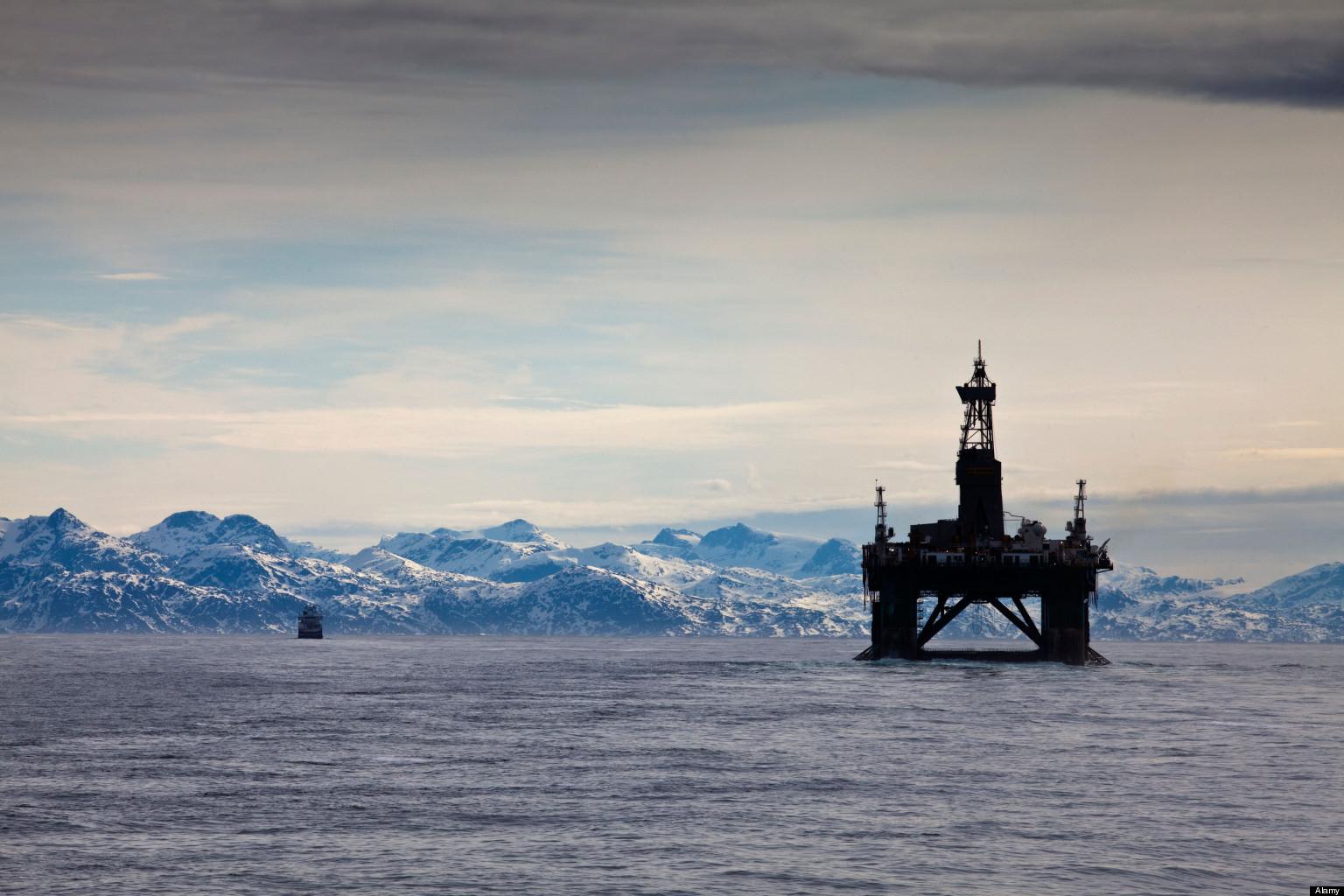
Shares in Royal Dutch Shell (LON:RDSB) hit their lowest point since 2011 yesterday, over fears that their Arctic Ocean project may be under threat.
Royal Dutch Shell is on the verge of drilling in the Arctic Ocean, a risky venture setting them apart from most other competitors; very few oil and gas groups are considering Arctic exploration after the large drop in oil prices since last summer, combined with the cost of exploration in such a remote area. Recently the oil giant has been hit with a series of problems that may impact on the smooth running of the project.
An agency said last week that Shell would not be able to drill two wells simultaneously within a 15-mile radius, to minimize the impact on walruses. Although Shell had planned to drill two wells this year, this may mean that they are restricted to just one.
This came just before Shell announced that an icebreaker carrying a piece of safety equipment to a drilling site in arctic Alaskan waters returned to shore after suffering a minor hull breach.
Shell are planning to transport two rigs more than 2,000 miles up the Alaska coast to the Chukchi Sea, accompanied by 30 support vessels and seven aircraft. The company has already incurred significant costs with its stop-start Alaskan Arctic campaign, and its total spending is set to rise to $8.4bn by the end of next year.
Ann Pickard, an executive vice president who runs Shell’s Arctic division, commented: “Everybody’s watching to see if we’re going to fail or succeed out there. If we fail for whatever reason, I think the U.S. is another 25 years” away from developing Arctic resources.”
The project has sparked several environmental protests; environmentalists warn that disturbing its unique and sensitive ecological balance could spell disaster for the world at large.
“We simply cannot afford to burn the oil that might lie underneath the Arctic if we are serious about staving off the worst impacts of climate change,” said Ben Ayliffe, Greenpeace project head for Arctic Campaign.
